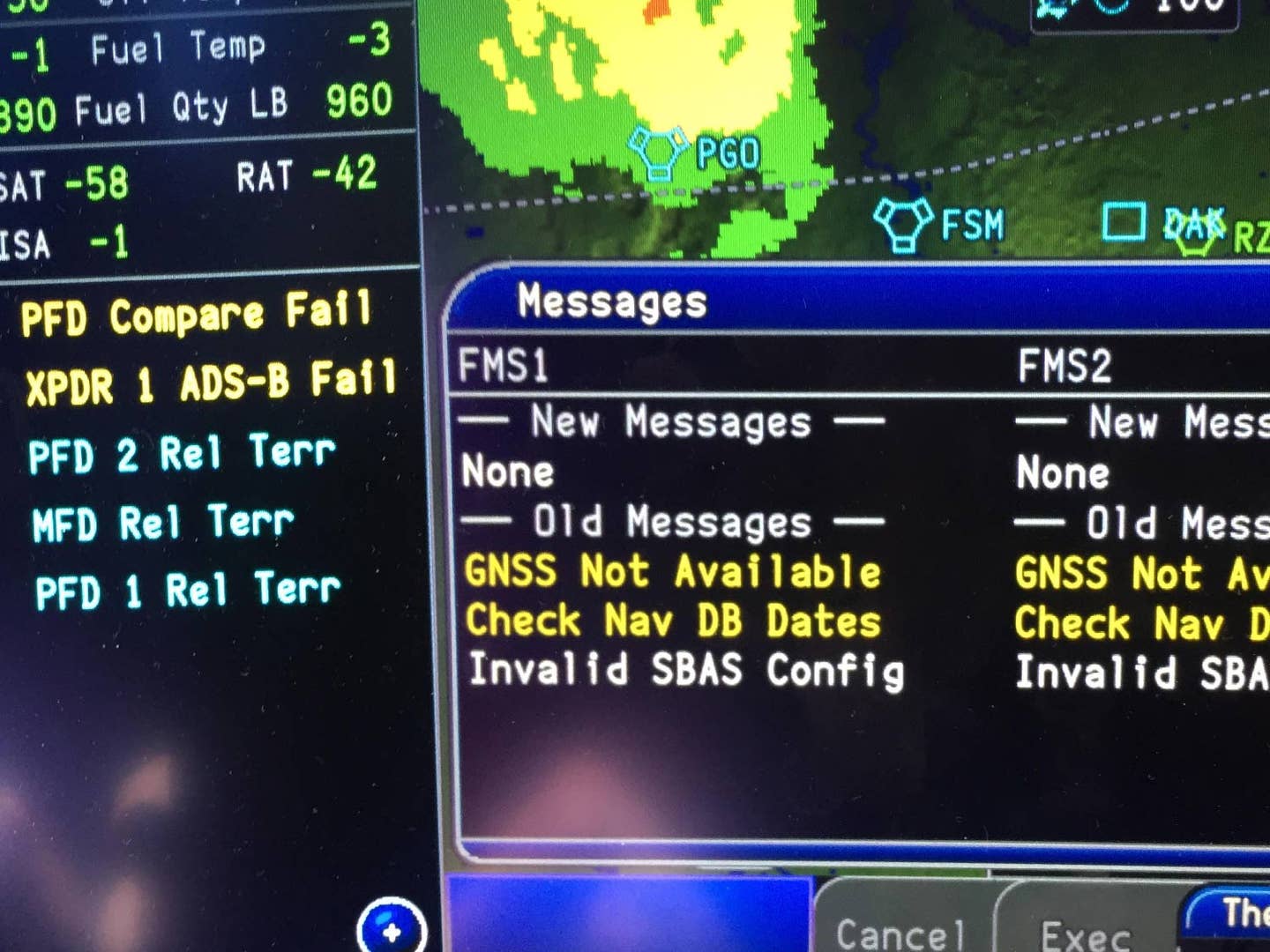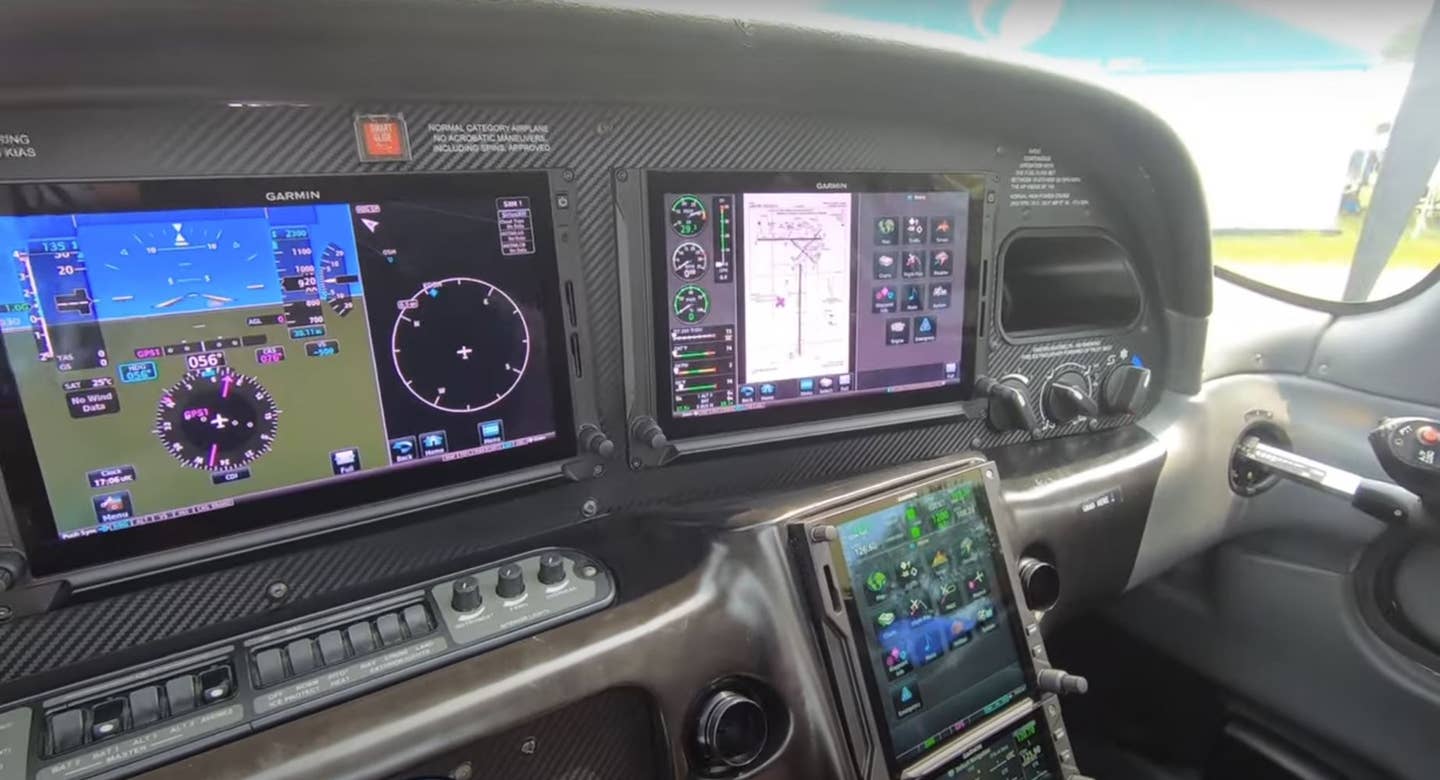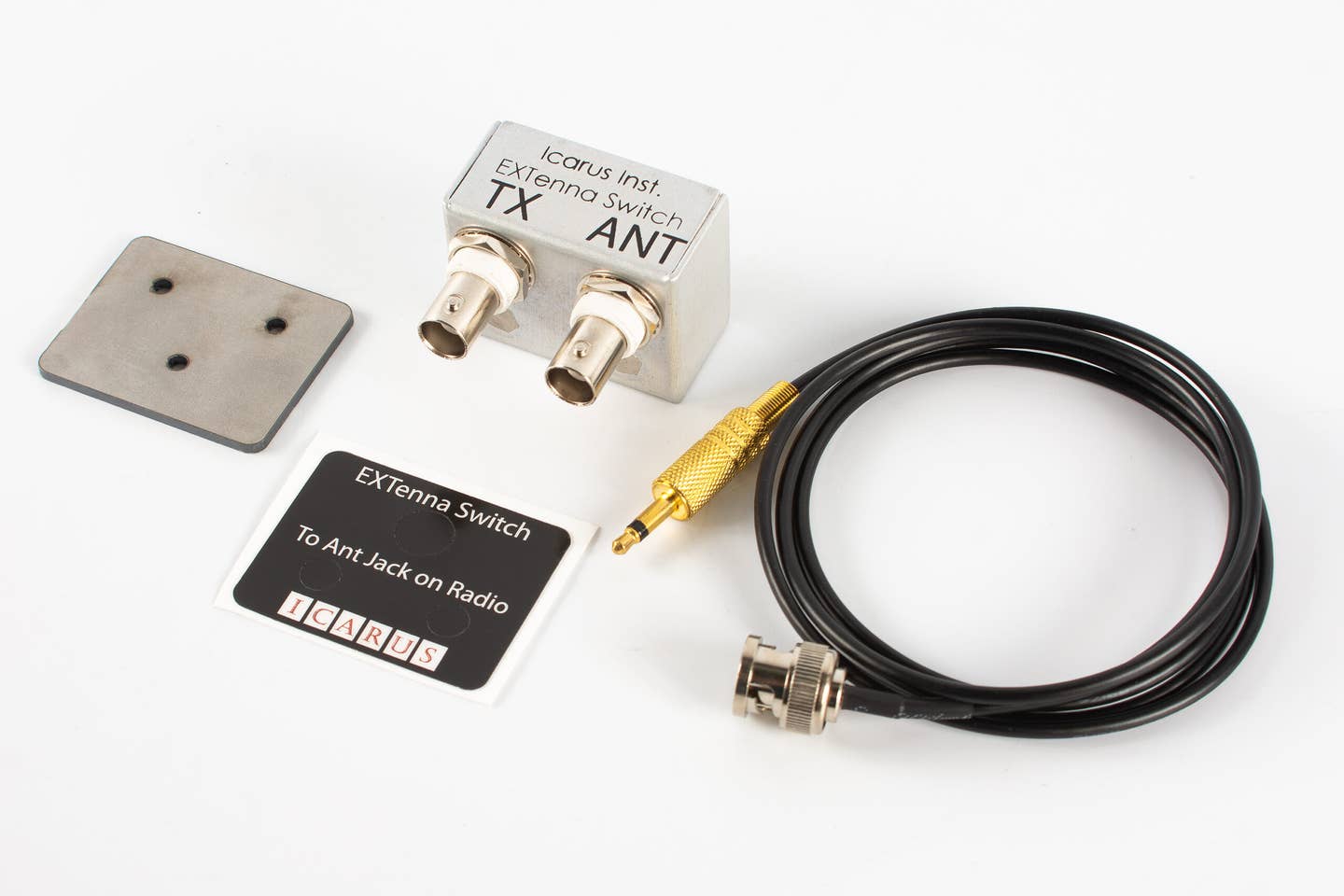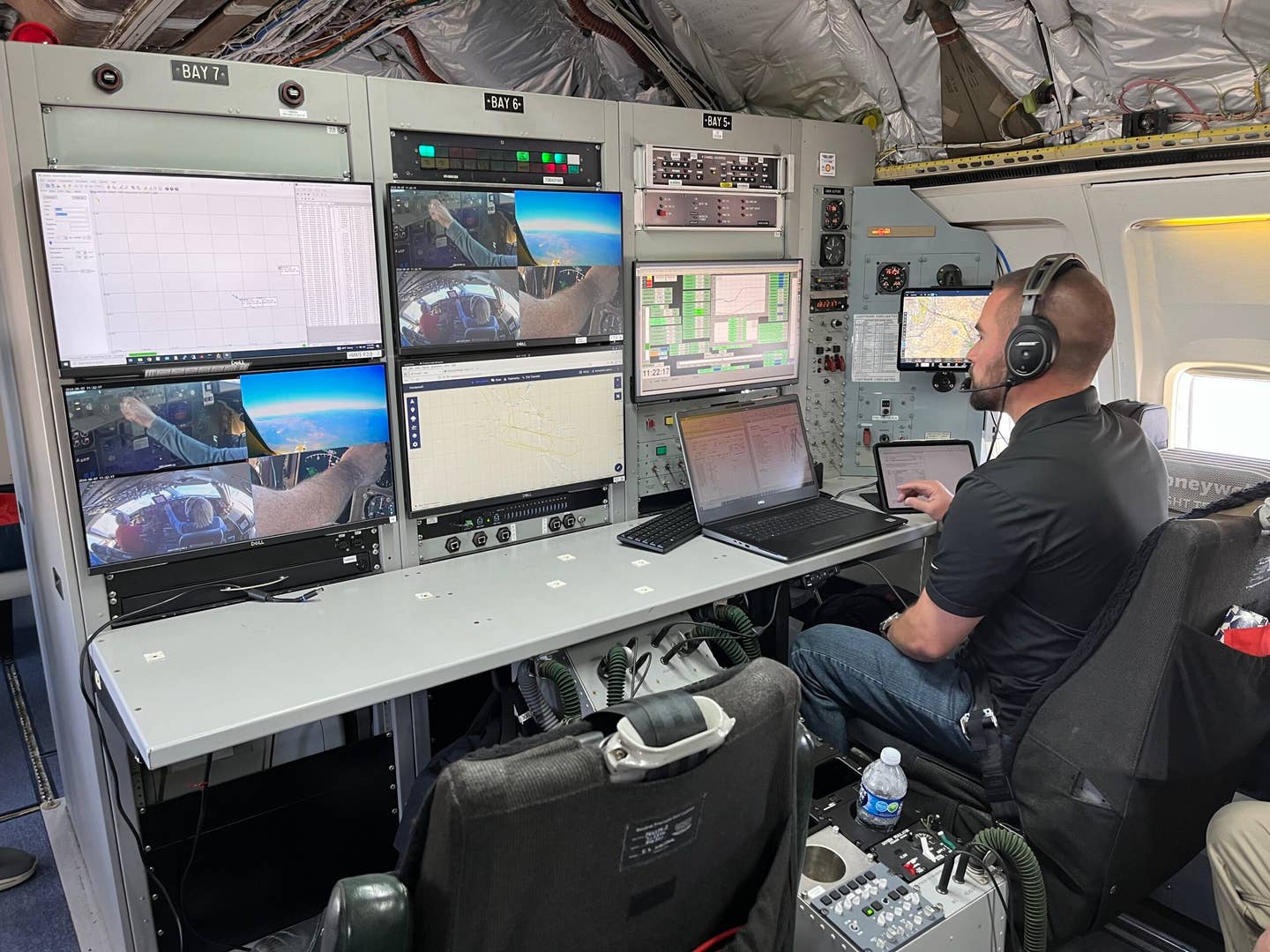
The ECAM displays several warnings on the Collins Pro Line Fusion display following a GPS incident on June 9. Courtesy Kirby Ortega
It seemed like it would be a routine Sunday trip back to Wichita for the crew of a corporate Cessna Citation CJ3. But when a handful of abnormal alerts popped up on the ECAM (electronic centralized aircraft monitor) display, the pilot in command went on alert as well. With a “PFD Compare Fail” noting a discrepancy between the two primary flight displays, he had a feeling it was serious.
An update to a block of satellites within the GPS constellation conducted by Collins Aerospace earlier in the weekend turned out to be the likely culprit, causing those in question to fail to work properly with a sensor and multi-mode receiver installed in the airplane.
Collins Aerospace notified its user base of a cascade of reports it had received beginning at 00:00Z on June 9 that certain GPS and GLU models were not operating properly. The specific models, the GPS-4000S sensor and the GLU-2100 multi-mode receiver (supporting ADS-B Out requirements), are installed in Collins Pro Line 21 and Pro Line Fusion avionics systems in many business jets, as well as in some aircraft used by regional and major airlines. In fact, Forbes reported on June 9 that a slew of airlines had cancelled flights on Sunday because of similar issues—including a group of Boeing 717s flown by Hawaiian Airlines.
Before takeoff, the CJ3 crew interviewed above contacted Textron Aviation’s service center in Wichita, which had already fielded a number of calls from operators requesting service. The FAA issued an advisory on Sunday at 22:46Z covering “GPS/ADS-B abnormalities,” issuing guidance that aircraft installed with the units in question may experience “ADS-B Fail, Unavailable, TCAS Fail or Transponder Fail” messages. That advisory was set to expire at 17:30Z on Monday.
When we contacted Collins Aerospace on the morning of June 10, we were sent the bulletin noted earlier, and advised that operators were encouraged to call in with their experience and contact information so that they could be informed of a resolution when it had been found. Later that day, Collins issued another letter to its user group, highlighting the exact problem: “We found that a software design error resulted in the system misinterpreting GPS time updates due to a ‘leap second’ event, which typically occurs once every 2.5 years within the U.S. Government GPS satellite almanac update. Our GPS-4000S-100 version software's timing calculations have reacted to this leap second by not tracking satellites upon power-up and subsequently failing. The U.S. Government distributed a regularly scheduled almanac update with this ‘leap second’ on 0:00GMT, Sunday, June 9, 2019, and the failures began to occur soon after.”
Collins advises operators not to power up units until after the next scheduled update by the US government on June 16, 2019, at 00:15Z. Contact Collins Technical Support for more information.

Subscribe to Our Newsletter
Get the latest FLYING stories delivered directly to your inbox






